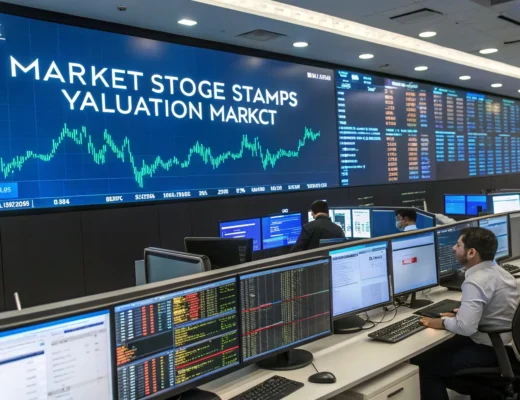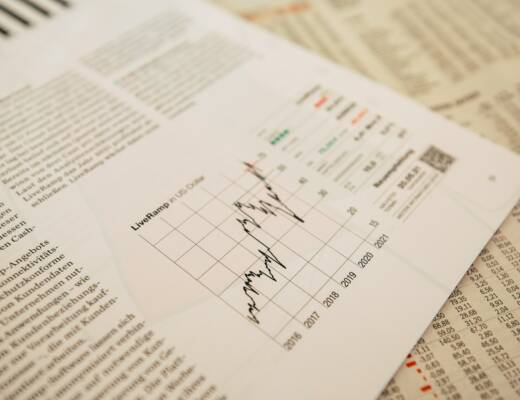Rachel Reeves is expected to abandon plans to raise taxes on pension savings. Treasury officials have advised her that reducing the current 40 percent tax relief on higher earners would unfairly impact public sector workers like teachers and nurses. A senior government figure said it would be “madness” to increase taxes on public sector workers after just giving them a pay rise.
Reeves has admitted that taxes will rise under Labour’s first term but is reconsidering some initial plans. The government will consider the impact on public sector workers when making changes. Reeves faces the challenge of raising £16 billion in taxes to address what she has described as a “black hole” in public finances.
Among the changes being considered are adjustments to capital gains tax and closing inheritance tax loopholes. While plans to alter pension tax relief seem to be on hold, other potential revenue-raising measures from pension reform are being explored.
Reeves reconsidering pension tax strategy
These include reducing the amount of money people can take out of their pension pots tax-free when they retire and adjusting rules that allow some people to pass on their remaining pension pots tax-free when they die. Steve Webb, a former pensions minister, warned that if the changes went forward, public sector employees would
need to pay 20 percent extra tax on a portion of their salary, potentially costing them hundreds of pounds a year. This move could anger public sector unions just weeks after the government agreed to pay settlements with them.
Unions have communicated to the Treasury that such a move would be perceived as Reeves “taking back” the money given to public sector workers in recent pay rises. Vishal Sharma, chair of the BMA pensions committee, expressed concern that such measures would negate recent pay increases and could reignite pay disputes across the NHS. The proposed changes would also affect many private sector workers, leading to a higher tax bill on existing pension contributions.
David Sturrock, a senior research economist at the IFS, mentioned that this would amount to double taxation. A Treasury spokesman said: “We do not comment on budget speculation.”







